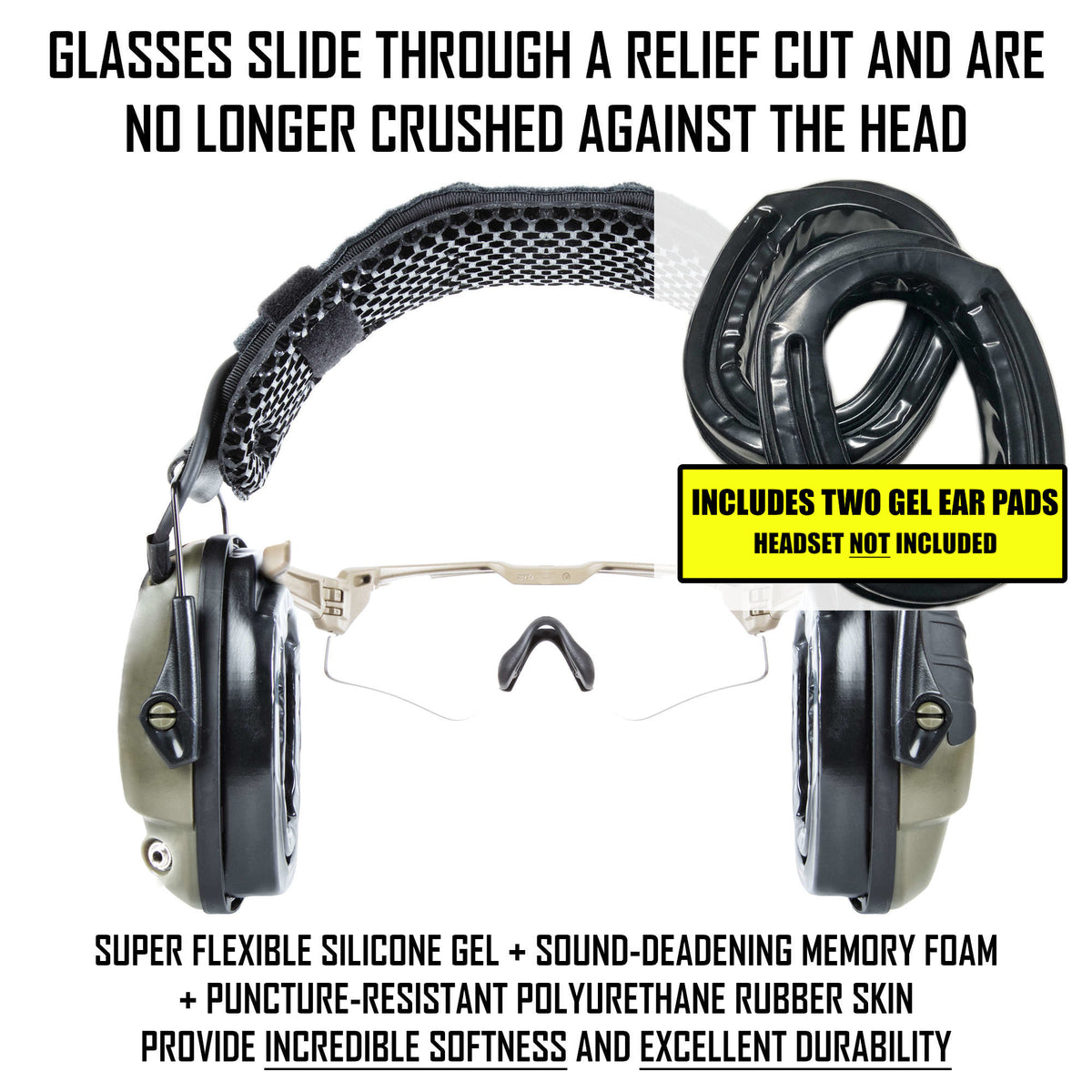With my AR, I started getting Tinnitus with my Walker Slim/ear plugs. I figured if I stepped up in quality to the Sordin ear muffs that this would help, however I feel that these were worse in terms of protection. I finally settled on the 3M Peltor X5A and while quite bulky, I feel that these have offered the best hearing protection in combination with ear plugs.
To calculate the actual amount of decibel protection you take the (NRR - 7) / 2. Furthermore, if you double up on with earplugs and muffs you add 5 to the NRR of the highest one.
So in my case, I use the 3M X5A earmuffs which has a NRR of 31 and the Surefire EP10 ear plugs which have a NRR of 30. Calculating the decibel protection, gives (36 - 7) / 2 or 32.5. My question is that the average gunshot db level is 140 and so with hearing protection this drops to 107.5, which is still considered excessive. Are we destined to lose hearing even with hearing protection?
To calculate the actual amount of decibel protection you take the (NRR - 7) / 2. Furthermore, if you double up on with earplugs and muffs you add 5 to the NRR of the highest one.
So in my case, I use the 3M X5A earmuffs which has a NRR of 31 and the Surefire EP10 ear plugs which have a NRR of 30. Calculating the decibel protection, gives (36 - 7) / 2 or 32.5. My question is that the average gunshot db level is 140 and so with hearing protection this drops to 107.5, which is still considered excessive. Are we destined to lose hearing even with hearing protection?



